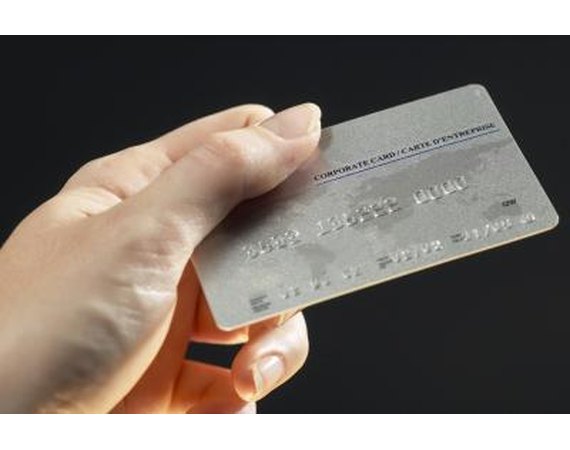Debt settlement is an effective strategy for discharging delinquent debts that requires no special education, little preparation and a relatively small investment. The payoff can be a dramatically improved credit rating and a clear mind. Compared to bankruptcy, debt settlement is time-efficient, doesn't require that you open up your financial behavior to scrutiny by a judge and avoids the stigma and credit rating damage caused by filing for bankruptcy.
Debts and the Law
No lender can force you to pay a debt. There are no prisons for debtors in the United States. They can seize property used to secure a debt. If they receive a judgement against you when suing you for collection, they may seize bank accounts or garnish your wages for repayment. Creditors can limit your ability to take on more debt by reporting your delinquency on payment to the credit bureaus. Other than that, they can do very little. Even if they try to garnish your wages, you can simply cash all your checks rather than deposit them. Whether or not you repay, settle or escape your debts is a choice, not an obligation.
Advantages of Debt Settlement
When a creditor sells a debt to a collection agency, they typically receive only 5 to 20 percent of the amount owed in return depending on the size of the debt and the perceived ability of the borrower to repay it. This means that a collection agency can still turn a profit on a debt if they only receive a small portion of it in return. When you settle a debt rather than paying it in full, most of the time the creditor will report it as "settled" on your credit report. This damages your credit report more than if it were listed as "paid in full," but the negative effects decline over time. This is the chief advantage of repairing your credit rating for a relatively low price and discharging the debt at the same time.
Alternatives to Debt Settlement
The main alternatives to debt settlement are developing a payment plan with the lender to pay the debt in full, declaring bankruptcy and waiting until the statutes of limitations on the debts expire. A payment plan is expensive and unnecessary, but will discharge the debt over time. Declaring bankruptcy will wipe out all unsecured debt immediately, but it will also result in you losing most of your liquid assets and permanently damaging your ability to secure loans in the future. It also takes time and effort to successfully file for bankruptcy, as a judge must scrutinize your financial behavior for at least the 90 days before you filed for it. Waiting for the statute of limitations to expire on a debt can result in you being sued for collection, but the debt will eventually fall off your credit report.





























